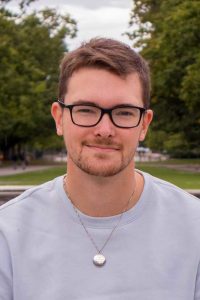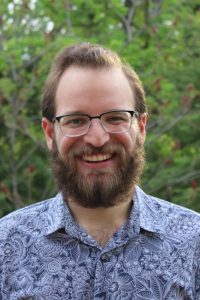
Isabela Lucas Bruxellas
Economics, 2nd year student
isabelalucas@outlook.com
KEYWORDS: Brazil; Human Capital; Poverty
Describe your project in a few lines
My research project explores Incentives for Human Capital Accumulation, analyzing Brazil’s Conditional Cash Transfer Program, Bolsa Família, student incentives, and the persistence of the intergenerational transmission of poverty. My study analyses existing research and statistics on poverty rates, educational level, and the program’s connection with both factors. It concludes that it has achieved great success with short-term poverty alleviation, however, it was not as successful in decreasing the intergenerational transmission of poverty as it did not increase human capital. Furthermore, it finds that educational inequality is mostly reinforced by a lack of motivation from both parents and students to ensure academic success, an issue not currently addressed by the program, and that encompasses the main objective of student incentives. Accordingly, it argues that combining the existing cash transfer program with additional payments based on the academic performance of the children of beneficiary families has the potential of strengthening human capital formation and thus reducing the intergenerational transmission of poverty.
What made you interested in this topic?
The Bolsa Família program was instituted just before I was born and its performance in alleviating poverty has been used for political promotion and blame-shifting throughout all of the elections I have experienced. The polarization of the topic has caused the program to be seen by some as absolutely perfect and others as a waste of public resources, which is also reflected in the academic work produced about it. My goal with this project was to contribute to the conversation not by pointing out the advantages and disadvantages of the program but by researching a creative and realistic way to improve it, thus shifting the conversation to a more productive stream.
What advice would you give to students who are beginning their research in WRDS150?
There are two pieces of advice that I would give to every student doing their first research project. The first one is to write about a topic that genuinely interests you. Truth is, that research is time-consuming, and reading a lot of papers and analyzing statistics can be quite tiring. If you are doing all of that on a topic you find fascinating you will have the motivation and will to complete it. The second one is to know your limitations. Most of people taking WRDS 150 are first-year students that have probably never done any research. You can’t expect that you’ll be able to get everything right at first nor that you will have the time or resources to produce something at a professional level. So know your limitations and write about something that excites you, that way your work will be amazing.
What are you working on now?
Ever since I have taken WRDS 150 a lot of research ideas came to me and I’ve been writing them down and brainstorming how I would do them. But before I do any more big research projects, I have realized that I still have a lot to learn not only about how research is done but also about the background knowledge that I need to do them (statistics, economics, and politics). So, I am hoping to be a research assistant to a professor this year. At the same time, I have been working on starting a blog, where I would research and post small articles on current and unconventional topics of economics and politics.


